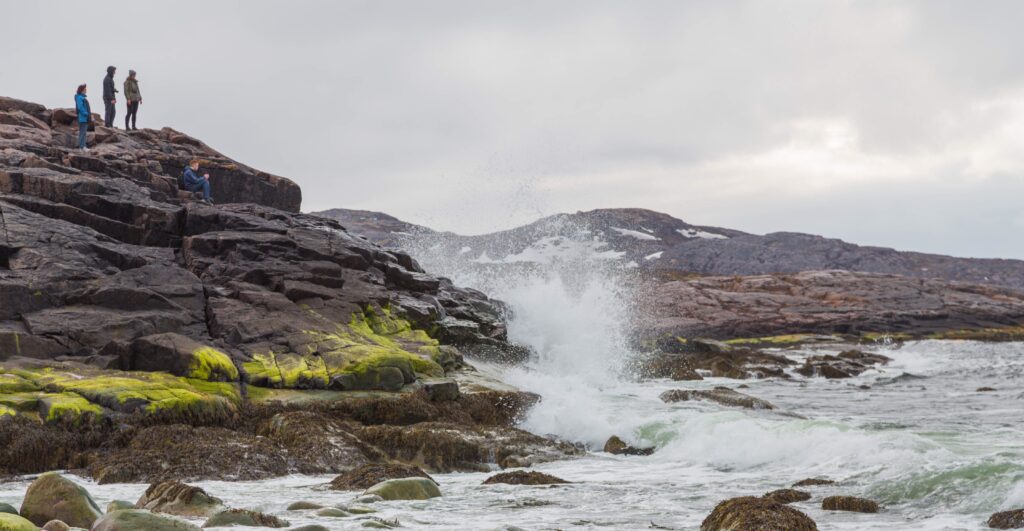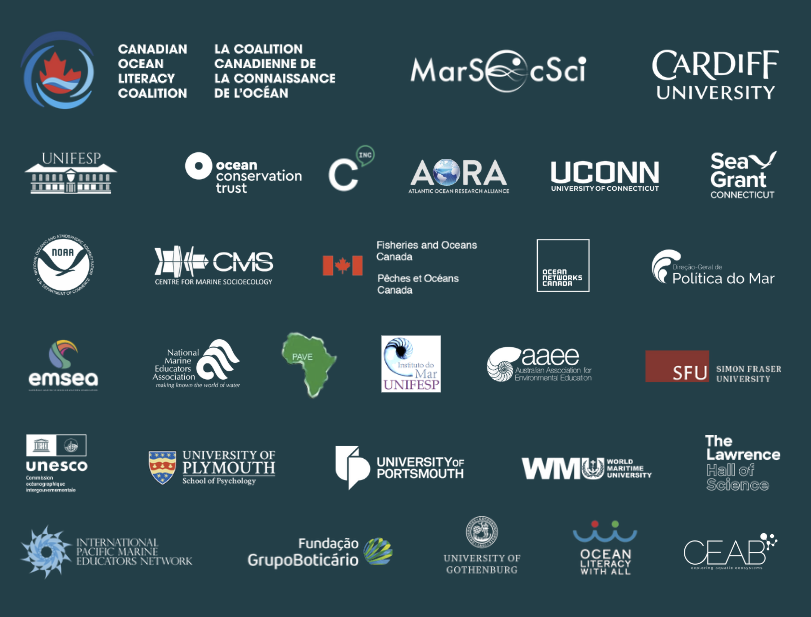About
About Us
Ocean Literacy Research Community (OLRC)
Coalescing, co-designing, and communicating research focused on understanding and transforming humanity’s relationship with the ocean.
Who is the OLRC?
The ocean literacy research community is a global network of researchers – including natural and social scientists; education and communication specialists; place-based, community experts; and program evaluators. Together, we aim to better understand and scale enabling conditions that support human-ocean connection, well-being, and action.
What is Ocean Literacy?
Ocean literacy is widely described as the extent to which we understand the ocean’s influence on our lives, and our impact on the ocean. It is about our reciprocal relationship with the ocean, coastal areas, and local waterways; the many intricate connections on which all life depends; and the societal action required to ensure collective well-being.
Ocean literacy is an outcome – a society that better understands, values, and cares for the ocean.

What is Ocean Literacy Research ?
Ocean Literacy Research is a transdisciplinary, cross-sector field of research which explores the diverse dimensions, drivers, influences, and impacts of initiatives aimed at strengthening human-ocean relationships. It seeks to understand how these aspects may vary in different social, economic, cultural, political, and geographic contexts and is inclusive of diverse voices, actors and ways of engaging with the ocean.
- Ocean literacy research enables us to collectively understand what experiences, approaches, and messages help to transform people’s understanding of, connection to, and relationship with the ocean; and what aspects of ocean literacy work are fostering action, driving aspects of behaviour change, and influencing policy.
- Ocean literacy research helps us to better understand what is working, so we can exchange and scale; and likewise, what isn’t working, so we can pivot and reimagine together, both regionally and globally.

MISSION
To coordinate and co-develop an actionable research agenda to ensure ocean literacy initiatives are strengthening society's relationship with the ocean in meaningful and measurable ways.
GOALS
- To collaboratively investigate the diversity of ways people connect with, understand, value, and care for the ocean, coastal and freshwater environments.
- To conduct Ocean Literacy Research in ways that respect and include the multitude of relationships that exist among places, ecologies, cultures, and languages.
- To co-create an Ocean Literacy Research agenda that is multi-scale and multi-sector, moving away from only including the ‘usual suspects’ and including a diverse range of disciplines.
- To gain a better understanding of the science-policy interface and associated science diplomacy, to position the significance and thus adoption of, Ocean Literacy Research into decision-making.
- To test approaches and develop recommendations to support the use of ocean literacy as a practical policy tool.
Collaborators
Lead Coordinator
- Canadian Ocean Literacy Coalition (based at Dalhousie University)
Collaborating Partners
- MarSocSci
- Cardiff University
- Communications Inc
- Fundação Grupo Boticário
- Instituto do Mar–Universidade Federal de São Paulo
- IOC-UNESCO
- Ocean Conservation Trust
- Connecticut SeaGrant
- University of Connecticut
Copyright © Canadian Ocean Literacy Coalition 2025


